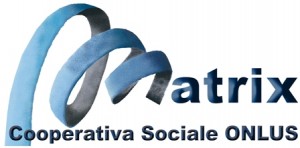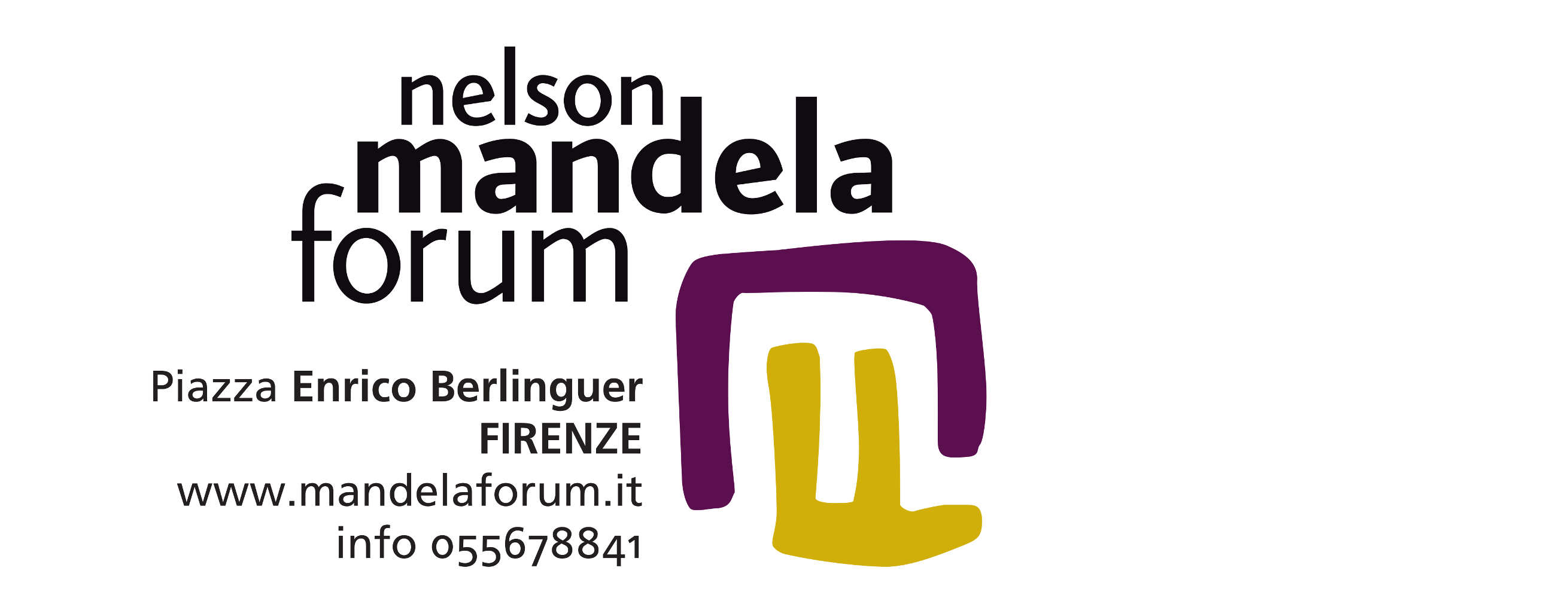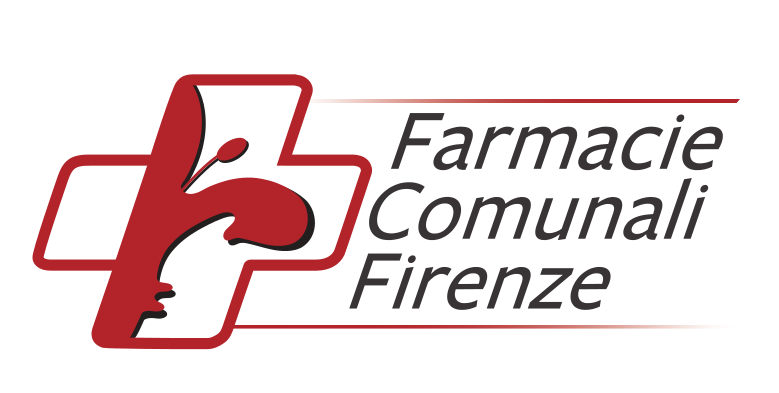An inclusive coffee
Coffee that is good for all.

Who are our bartenders (and some informal info about each one of them)
• Likes speaking A LOT (and uses more imagination than she realizes) and must be helped to do it less.
• Asks for more help than he needs. If we help him too much, he risks loosing the autonomy he acquired in years of bartending experience.
• Loves making sandwiches, but is good at everything. He’s very proud, so it’s hard to help him when he’s in a spot.
These three sentences are an excerpt of the description prepared for the volunteers of the cooperative of the girls and boys who work at the Mandela Forum’s bar as part of the inclusion programme managed by the cooperativa Matrix.
Each volunteer must consider that these are the points to work on when he or she joins the team, obviously guided by the team of educators and experts who follow the project.
But volunteers don’t need to know only about the problems. They also need to be aware of the minor and major successes of the initiative. They will need to know that:
• A. is “our first and tireless bartender. He can often be found at the bar, he doesn’t have another job and he can move autonomously, so he is always available!”;
• E. “Learnt how to make the best coffee! She’s tireless too, and even though she also works in a restaurant, she is always very disappointed when she can’t come to the bar because of another commitment. She likes chatting with clients”;
• Or that G. “is continuing on the path he started with AT21, he’s very autonomous and catches the train from Arezzo on his own”.
These short profiles tell us that behind each of the people who work at the Mandela Forum’s bar there is an individual with a unique personality. Of course these people are brought together by a common disability which requires attention, but they can and must find places where they can work, socialize and be integrated in our community.
They need it, their families need it, but we need it too because, as Nelson Mandela stated: “Our compatriots who are disabled challenge us in a very special way to manifest in real life those values of democracy… It is for us to adapt our understanding of a common humanity; to learn of the richness of how human life is diverse; to recognise the presence of disability in our human midst as an enrichment of our diversity.”
Matrix’s project is the natural continuation of a commitment the Mandela Forum expressed when it started working with the association Trisomia 21, a project aimed at showing that there was enough space under our roof to give an opportunity to girls and boys affected by Down syndrome to express their potential.
The results of the last year and a half of activity are positive:
There are 23 people with disability currently working at the Mandela Forum; 13 of them are women and 10 are men; 14 of them work actively at the bar; their ages range from 18 to 36, the mean age is 26.
Matrix could count on the help of 43 volunteers in 2013 and 47 in 2014.
At the end of the first year, Matrix used the surplus operating funds to buy the remaining 50% of “Casa Armonica”, an assisted foster home where 8 people with diverse abilities live. Casa Armonica is a residential facility hosting disabled adults for a limited amount of time with the aim of increasing their residential autonomy. It is situated in via di Brozzi 477, Florence, and it is open 24/7 all year round.
Summing up, drinking coffee at the Mandela Forum is definitely good for all.


























